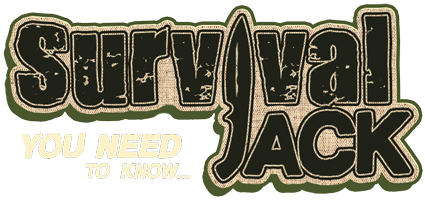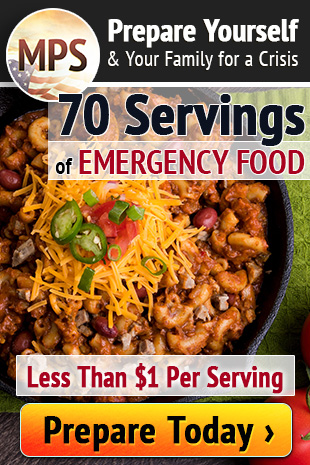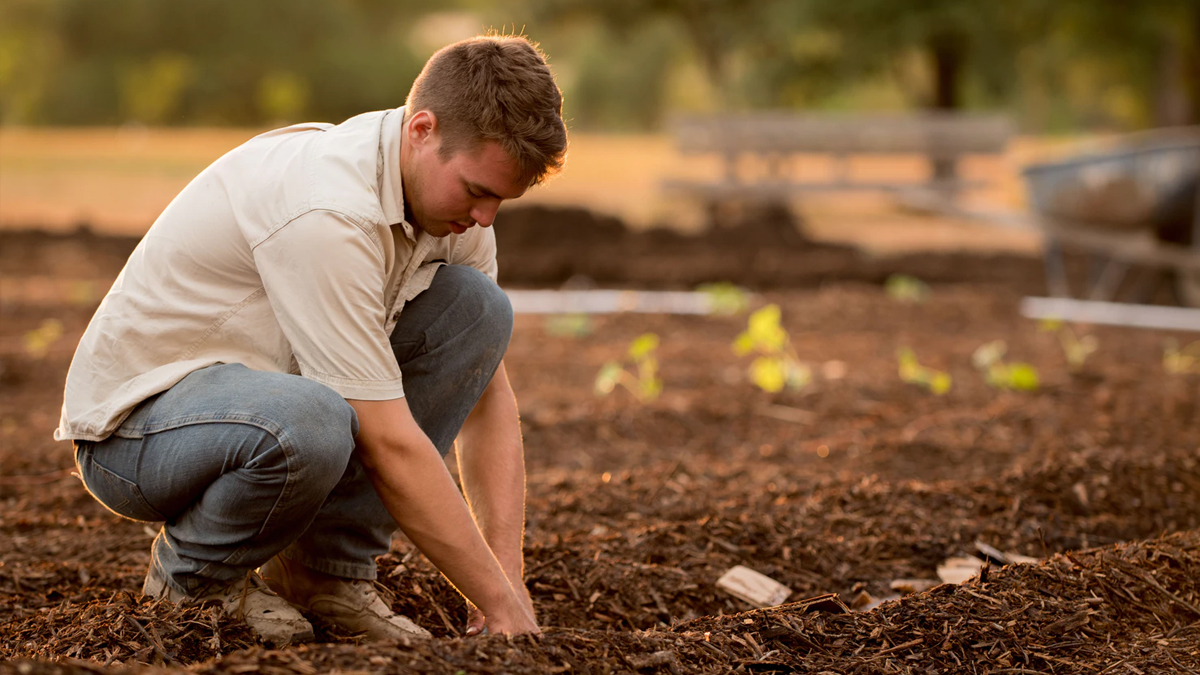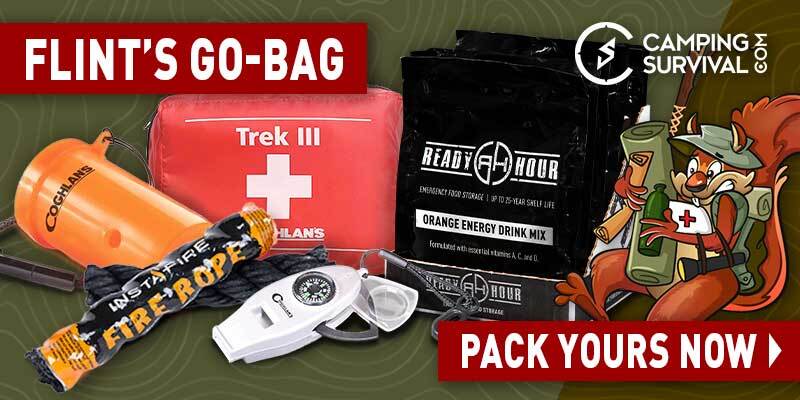on
Researching and reading up on a skill is not the same as doing it. And just because you might have might have done it once or twice 30 years ago does not mean you have mastered that skill either.
In our modern world we tend to be specialist. But being prepared means mastering several skills and having a working knowledge of dozens of others.
If we look back at our pioneer forefathers, we will discover that they had a range of practical skills that helped them survive even in the harshest environments. Most of them had the knowledge and skills to run various aspects of a working farm. Raising crops and animals was done with tools which nowadays are considered primitive.
Ten important preparedness skills
1. Growing plants
This includes all sorts of plants, especially the ones that will help you survive and thrive. You should start by growing food plants, but you can also to experiment with the medicinal herbs. You can start small with a vegetable garden in your backyard. This is the best way to learn the basics and to really enjoy the activity.
Once you get the hang of it and you get that feeling of accomplishment. The one you get when keeping a successful vegetable garden. If you do a good job, you can move up and scale it based on your needs. In time, you will want to know more about how to plant fruit trees and how to take care of them and even how to plant and harvest field crops.
Starting with a small backyard garden has its benefits. You can afford to be a bit sloppy and learn about the consequences of your actions without the risk of affecting your primary food source. It will also provide you with valuable lessons.
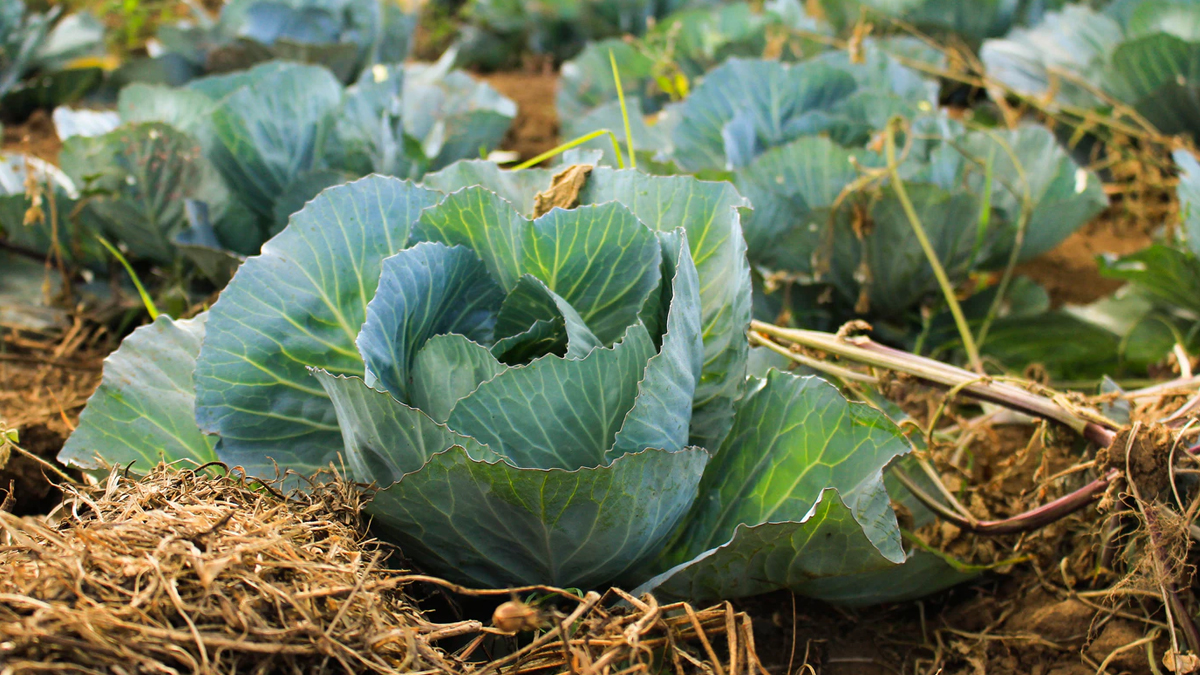
You will understand what to do and what not to do if the garden is your only food source. You will learn about soil management, pest control, plant diseases and much more to ensure a maximum harvest. A garden, even a small one, is just like a baby, you will have a hard time dealing with it at first, but you will end up loving it and you will make sure you do whatever you can to see it grow.
2. Growing and processing meat animals
This is another skill that is being forgotten. Kids these days have a hard time making a connection between the meat their parents bought at the grocery store and the farm that raised the animals. When you decide to grow meat animals, my recommendation is to start small because you have many choices to do so. You can start with rabbits and chickens and move up to goats, pigs and even cows. You will learn how much work it all requires and you will understand how to feed them with naturally available resources. Most importantly, you will learn how to care for them and how to prepare them for the table.
Butchering an animal is no easy task. This skill requires practice if you want to succeed. Not to mention that you will get attached to your animals and it will be very hard at first. These are learning experiences that you cannot learn only by reading about them. You need to get your hands dirty and experience firsthand.
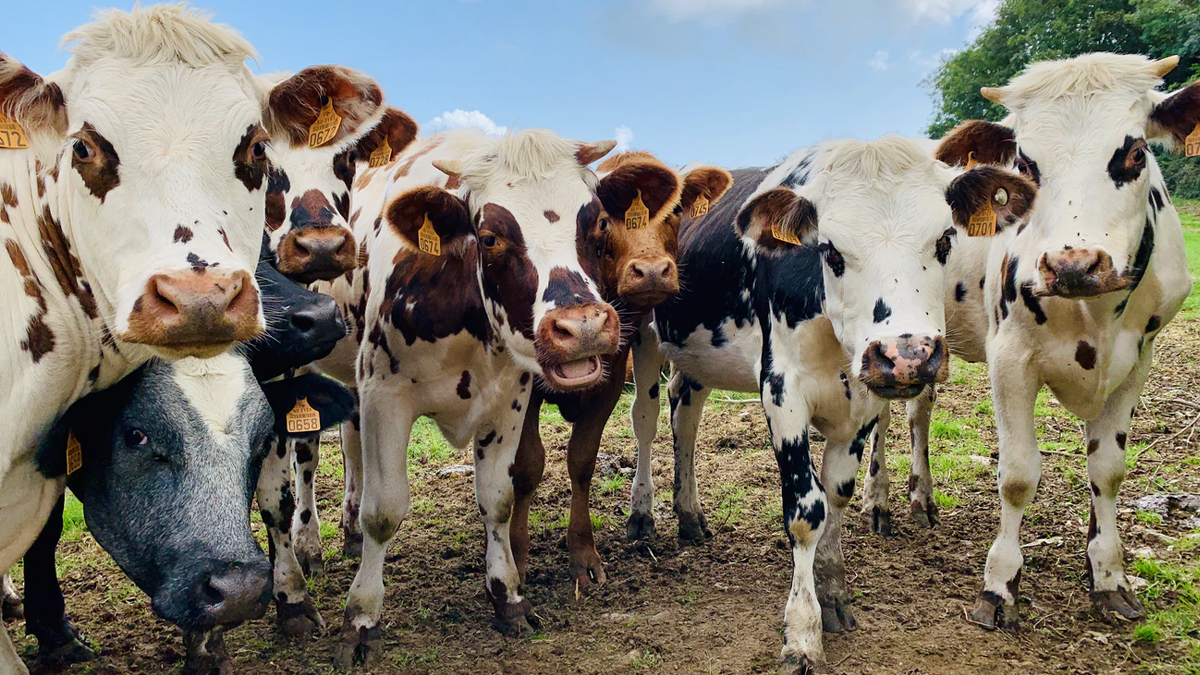
3. Raising dairy animals and cheese making
While all animals have some basic needs in common, there are things that are particular to dairy animals, such as how to meet their calcium, protein and mineral needs to promote healthy milk. If you really want to be prepared, learn all you can about grass or forage-based dairying.
Cheesemaking is both an art and a science and one that your family will appreciate it. Cheese and butter have long been good barter items too, so knowing how to at least make the basics is an important skill to have.
4. Learn to cook with what is available
Cooking is a skill that is overlooked by many and it takes time and practice to become good at it. This is one of the preparedness skills that can become a problem if ignored. You need to be able and cook with the preparedness food supply available and using a variety of fuel sources. Depending on the meal you are preparing you could need a constant heat source. If you don’t have a stove, making a fire that provides a continuous flame can become a challenge itself.
If you have experienced with cooking, you should know by now that sometimes, you just have to improvise and you need substitute ingredients for your recipes. For example, using powdered eggs in a recipe is entirely different than using fresh eggs. Cooking will become an essential activity of your daily life during a long-term disaster. You need to make sure you can make quality and nutritious foods from what you have in your pantry.
5. Learn basic mechanics
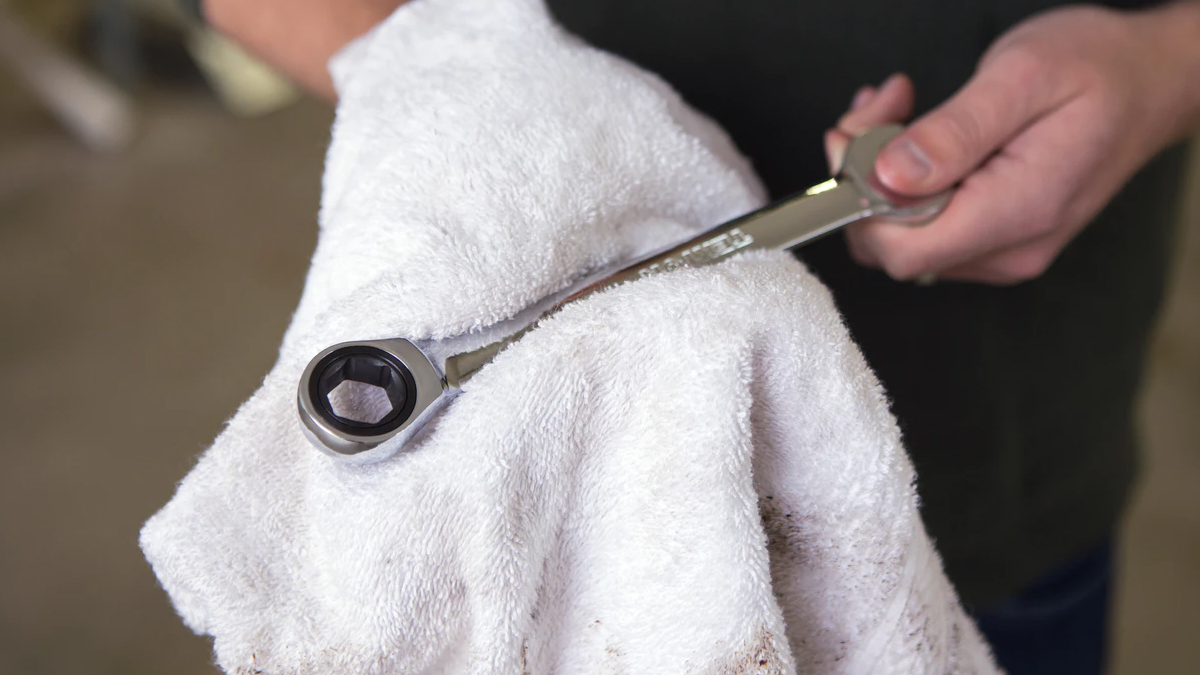
Things will eventually break down and staring at an appliance for a few hours will not fix it. You will be surprised how many things can be fixed or how much you can do on a car to keep it running. Older cars will keep going for a long time if you know how to look for the problem and what to do about it. Today we are used to throwing things out when they fail to function.
You have to expect that we might not always have this option. Next time something breaks down, try to figure out what the problem is. Check if the parts can be replaced or if you can improvise something to prolong the life of your appliances.
Subscribe for FREE to Continue Reading
Subscribe for FREE to get access to all of our premium content and get an email when new content is added.
The purpose of this blog is to present preparedness ideas for those that are brand new to the idea of being prepared for various disasters. We will also provide information for experienced ‘preppers’.
Get access to premium content and more!

